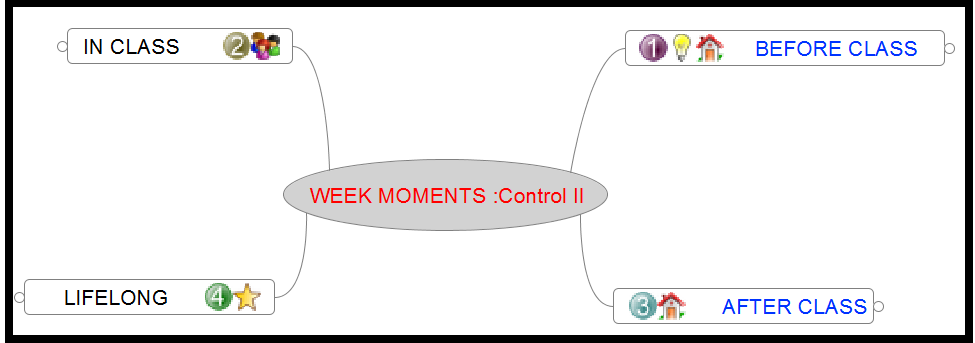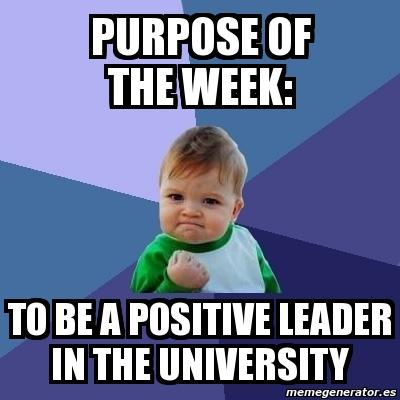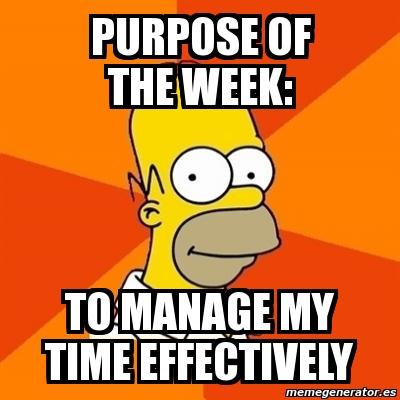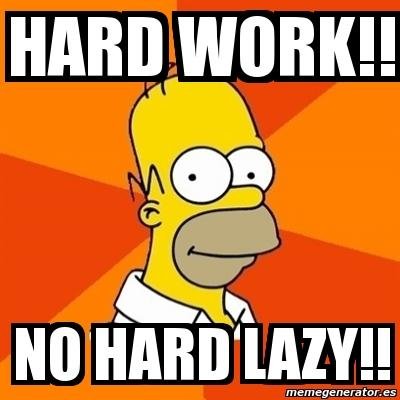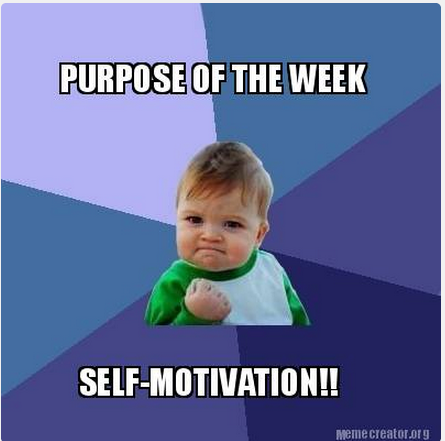#CoLabOnL2
SYLLABUS & STUDY GUIDE
"Control II"
@JohnTabordaG, Ph.D (Unimagdalena,Col)
Electronics Engineering Program
Research Group "Magma Ingeniería"
Universidad del Magdalena
Santa Marta, Colombia
2014
PART 1: Course Information
Instructor Information
Name: John Alexander Taborda, Ph.D.
Office: Ed. "Ricardo Villalobos", Of. 3E302
Office Hours: 8AM-12M (Friday)
E-mails: jatabordag@gmail.com, jtaborda@unimagdalena.edu.co
Twitter: @JohnTabordaG
Hashtags: #CoLabOnL2, #MagoLab, #CetepTEDClub
Cetep Meeting: Monday 10AM-12M (Salón de Dibujo Manual)
Language Learning Platform: Duolingo
Course Description
- Computer-Controlled Systems Theory (Main Competence)
- English-Medium Instruction (EMI) Course. Teaching and Learnig in Second Language (L2). (Transversal competence on L2)
- Coding with Open-Source Technologies (SW: JavaScript, Python; HW: Arduino, RPi) (Transversal competence in coding)
-
Entrepreneurship - creative solving problems (Transversal competence)
- Flipped Classroom (Lectures at home, "Homework" in classroom)
- Conectivism and Social Constructivism
- Blended Learning (LBL and PBL).
- LBL: Lecture-Based Learning (60%)
- PBL: Project-Based Learning (40%)
Evaluation
- LBL: Lecture-Based Learning (30% - 150 points)
- PBL: Project-Based Learning (70% - 350 points)
First Grade Period (150 points)
- LBL: 50 points (Lecture Assessment Activities (25 pts.), Reading Assessment Activities (25 pts.)).
- PBL: 100 points (Jigsaw Labs, Khan Academy & NodeBots)
Second Grade Period (150 points)
- LBL: 50 points (MOOC - Creative Solving Problem).
- PBL: 100 points (Project X-BOT 2014: Scoutbots-Protei)
Third Grade Period (200 points)
- LBL: 50 points (Lecture Assessment Activities )
- PBL: 150 points ( Open Source Machines - OSE)
Important Dates
- Class Start: August 4
- First Period Deadline: September 19
- Second Period Deadline: October 24
- Third Period Deadline: November 21
- Ratings Deadline: November 27
- Class End: November 29
Textbook & Course Materials
[1]. Roberge, James. RES.6-010 Electronic Feedback Systems, Spring 2013. (MIT OpenCourseWare: Massachusetts Institute of Technology), http://ocw.mit.edu/resources/res-6-010-electronic-feedback-systems-spring-2013 (Accessed 30 Jun, 2014). License: Creative Commons BY-NC-SA
[2]. Astrom, K. J., Murray, R. M. Feedback Systems and Introduction for Scientists and Engineers
[3]. Dynamics Systems and Controls. Saylor Academy.
[4]. Control Systems Library for Python.
LEARNING MOMENTS in FLIP TEACHING each WEEK
Week 1: INTRODUCTION

OUTLINE - Week 1
- Why is the course in English? (Discussion)
- Syllabus "Control II"
- Content and Language Integraded Learning
- Methodology: Flipped Classroom
- Blended Learning (PBL and LBL)
- Learning Moments (Before, In, After, Lifelong)
- Activities, percentages and dates.
- Past, Present and Future of "Control Technology"
Objectives Week 1
- Students will known the reasons to learn in second language (L2).
- We will known some techniques and strategies to acquire L2.
- Students will understand the mechanism to integrate content and language learning.
- We will identify relevant aspects in the Past, Present and Future of "Control Technology".
- Students will know the syllabus of "Control II" course.
- We will know the "Flipped Classroom" approach and how to apply it.
LEARNING MOMENTS - Week 1
LIFELONG LEARNING - Week 1
Week 2:
INTRODUCTION TO DIGITAL CONTROL

OUTLINE - Week 2
- Introduction to "Control II".
- Fundamentals of Feedback Systems: A CLIL Approach
-
Jigsaw Activity (Cooperative Learning)
- Jigsaw Lab 1: Control Tutorials for Matlab
Objectives Week 2
Students will review the most relevant aspects of "Digital Control".
We will discuss about advantages and disadvantages of "English mania".
Students will work in a cooperative way in order to accelerate the review of concepts and tools.
Students will code in Matlab to show their background knowledges.
LEARNING MOMENTS - Week 2
LIFELONG LEARNING - Week 2
Week 3:
Laplace transform to difference equation

OUTLINE - Week 3
- Math concepts: Laplace and Z transforms.
- Jigsaw Lab 2:
- Khan Academy: Intro JS
- Maker Community.
Objectives Week 3
Students will understand the differences between Laplace and Z transforms.
Students will code in different programming languages.
Students will know differences between young and adult SLA.
LEARNING MOMENTS - Week 3
Week 4:
Welcome to z-Plane
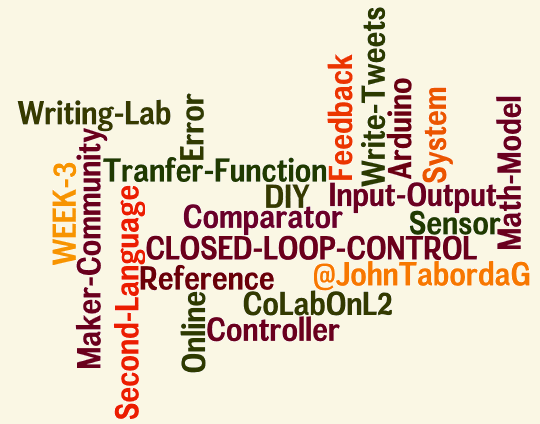
OUTLINE - Week 4
- Math concepts: Laplace and Z transforms.
- Jigsaw Lab 3: Matlab and Maker Community
- Khan Academy: Intro JS
- Workshop: Z transform
Objectives Week 4
Students will understand the differences between Laplace and Z transforms.
Students will code in different programming languages.
Students will know differences between young and adult SLA.
LIFELONG LEARNING - Week 4
Week 5:
Sampling Time, Aliasing and Discrete-Time State-Space Form

OUTLINE - Week 5
- Math concepts: Laplace and Z transforms.
- Jigsaw Lab 4: Matlab and Control Tools
- Khan Academy: Intro JS
- Workshop: Z transform
Objectives Week 5
Students will understand the differences between continuous and discrete processes.
Students will code in different programming languages.
Students will know differences between young and adult SLA.
LIFELONG LEARNING - Week 5
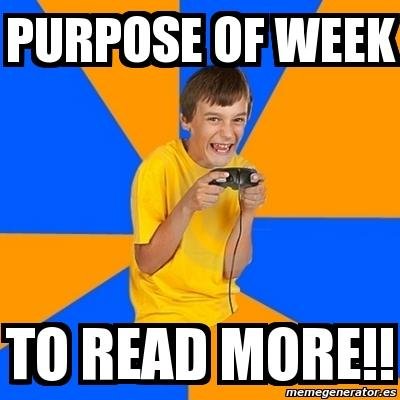
Week 6:
Digital PID Controllers
Objectives Week 6
- Content
- Language
- Coding
- Content
- Language
- Coding
Diagnostic Assessment - Week 6
Lecture 6
Assessment - Week 6
Week 7:
Digital Filters and Controllers
Objectives Week 7
- Content
- Language
- Coding
- Content
- Language
- Coding
Diagnostic Assessment - Week 7
Lecture 7
Assessment - Week 7
Week 8:
Stability of Closed-Loop Digital Control System
Objectives Week 8
- Content
- Language
- Coding
- Content
- Language
- Coding
Diagnostic Assessment - Week 8
Lecture 8
Assessment - Week 8
Week 9:
Steady-State Error Analysis in Computer-Controlled Systems
Objectives Week 9
- Content
- Language
- Coding
- Content
- Language
- Coding
Diagnostic Assessment - Week 9
Lecture 9
Assessment - Week 9
Week 10:
State-Space Representation
Objectives Week 10
- Content
- Language
- Coding
- Content
- Language
- Coding
Diagnostic Assessment - Week 10
Lecture 10
Assessment - Week 10
Week 11:
Controllability and Observability
Objectives Week 11
- Content
- Language
- Coding
- Content
- Language
- Coding
Diagnostic Assessment - Week 11
Lecture 11
Assessment - Week 11
Week 12:
Design of Controllers
Objectives Week 12
- Content
- Language
- Coding
- Content
- Language
- Coding
Diagnostic Assessment - Week 12
Lecture 12
Assessment - Week 12
Week 13:
Design of Observers
Objectives Week 13
- Content
- Language
- Coding
- Content
- Language
- Coding
Diagnostic Assessment - Week 13
Lecture 13
Assessment - Week 13
Week 14
TITLE
PRESENTATION
Objectives Week 14
- Content
- Language
- Coding
- Content
- Language
- Coding
Diagnostic Assessment - Week 14
Lecture 14
Assessment - Week 14
Week 15
TITLE
PRESENTATION
Objectives Week 15
- Content
- Language
- Coding
- Content
- Language
- Coding
Diagnostic Assessment - Week 15
Lecture 15
Assessment - Week 15
Week 16
TITLE
PRESENTATION
Objectives Week 16
- Content
- Language
- Coding
- Content
- Language
- Coding
Diagnostic Assessment - Week 16
Lecture 16
Assessment - Week 16
Syllabus-Control2-EMI
By John Alexander Taborda
Syllabus-Control2-EMI
Syllabus of course "Control II" in Electronics Engineering by John Taborda, Ph.D. (Universidad del Magdalena, Colombia)
- 1,313

